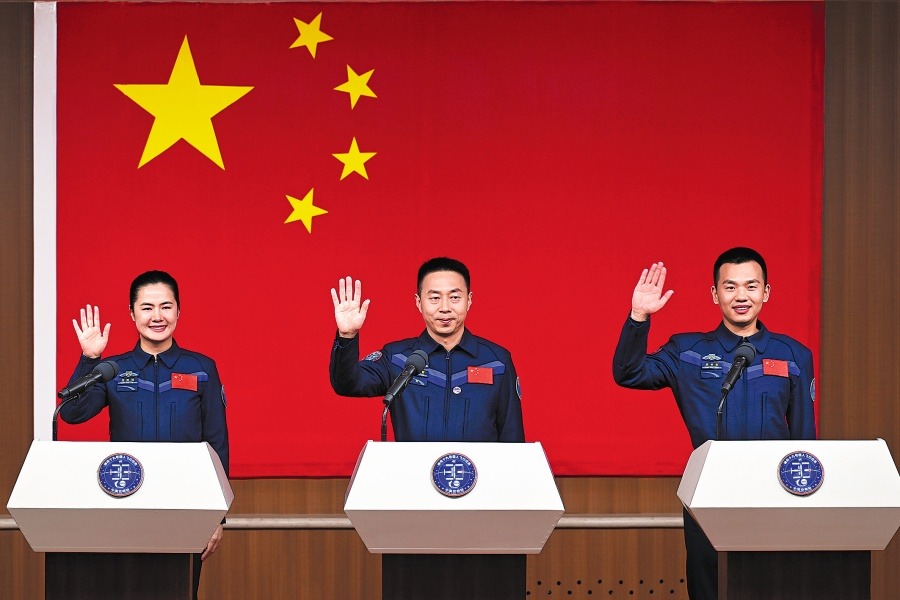China forges ahead with green transition in midst of global energy crisis


Eyes now on National Congress to show where country's path lies
There is nothing quite like a crisis to expose the weaknesses in systems and societies.
Last year, a number of countries promised to lessen reliance on fossil fuels and announced ambitious net-zero targets. The backpedaling on many of these commitments has been furious ever since the Russia-Ukraine conflict triggered a dip in supplies and a hike in natural gas prices.
The United Kingdom has since lifted a ban on fracking, and analysis from energy think tank Ember Climate shows that European Union member states will invest $50 billion into the expansion of fossil fuel infrastructure this winter.
"As with any global event, the Ukraine conflict has shifted priorities toward an agenda other than climate change," said Ajay Gambhir, a climate economist at Imperial College London. "This brings risks that mitigation action will be delayed."
It remains to be seen if Europe's pivot to fossil fuels represents a short-term blip or a long-term blow to international efforts to curb global warming.
Meanwhile, on the other side of the world, China must perform its own balancing act between energy security and green ambitions.
Amid the global energy crisis, climate observers are paying close attention to the 20th National Congress of the Communist Party of China to find out if the country plans to reaffirm its climate commitments and emissions targets, or recalculate them.























